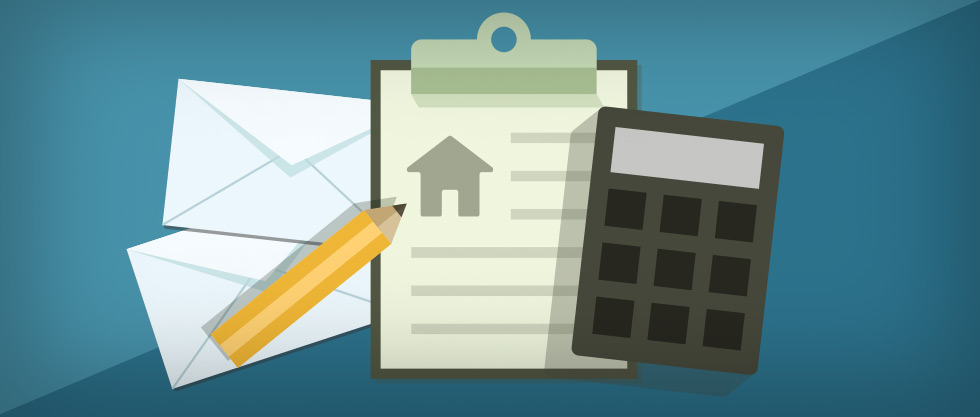11 Dec Budgeting for a New Home

Reposted from www.daveramsey.com
Owning a home is a huge blessing when you have the money to make it work. But how do you know how much home you can afford?
That’s where the dreaded B-word comes in. Yep, a budget. Budgeting may get a bad rap, but it’s really quite simple to do. Let’s break it down into a real-world example to see how it works.
A Formula for Home-Buying Success
If you follow Dave’s favorite home-buying plan—paying cash for your home—you’re only limited by how much you can save. If you’re not ready to make an all-cash offer, however, you need to factor a mortgage payment into your monthly budget.
Start by adding up every source of income that comes into your checking account each month.
Paycheck 1 = $2,100
Paycheck 2 = $2,100
Freelance Work = $800
Total Monthly Income = $5,000
Next, write down your monthly expenses. Here are a few common categories to consider.
Charitable Gifts = $500
Saving = $750
Utilities = $400
Food = $500
Clothing = $100
Transportation = $450
Medical = $350
Personal = $250
Recreation = $200
Total Non-Housing Expenses = $3,500
That leaves $1,500 to cover housing costs. Dave recommends keeping your mortgage payment to no more than 25% of your monthly take-home pay on a 15-year fixed-rate mortgage. Don’t forget to save a little extra each month to cover regular maintenance as well as well as future home improvements and furniture replacement.
Maximum Mortgage Payment = $1,250
Maintenance and Repair Fund = $250
Total Housing Expenses = $1,500
The magic happens when your income minus outgo equals zero. Why is zero the magic number? Because that means you’ve given every dollar a purpose.
$5,000 – $3,500 – $1,500 = $0
Everybody’s budget is going to be different. We’ve assumed some things in this sample. If some of these categories don’t fit, repurpose your money elsewhere. Feel free to make it your own! Just make sure your mortgage payment doesn’t eat up more than a quarter of your monthly incomeso you have enough money to cover the other categories without straining your budget.
Isn’t Something Missing?
You may have noticed one category wasn’t included in our sample budget: debt. That’s because Dave recommends paying off all non-mortgage debts before taking the leap into home ownership. It’s not the American Dream if you live under a leaky roof you can’t afford to fix!
If debt is taking up any percentage of your income right now, hold off on purchasing a home and work at becoming debt-free first. You also want to wait until you have a fully funded emergency fund to cover any unexpected expenses that come your way, plus you want enough cash to put at least 10–20% down on your new home. Lots of folks have done it, and you can too! You won’t regret it.
The Final Piece of the Equation
You’ve worked hard to save your money for a home. Now here’s how to keep more of it when you buy: Partner with a fantastic real estate agent. A buyer’s agent fights for your best interests at the negotiation table and saves you an average of 5% on your home purchase. That’s $10,000 if you buy a $200,000 home!

Sorry, the comment form is closed at this time.